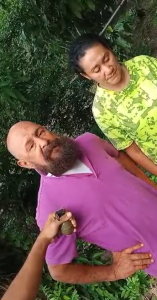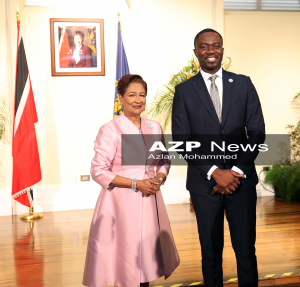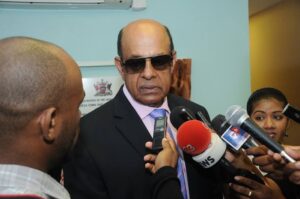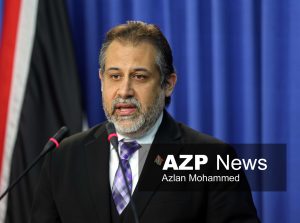By Sue-Ann Wayow
NOT because a child does not excel in gaining the standard certification at the secondary school level, it does not mean that he or she was not successful in school.
And the Ministry of Education is in the process of developing a measure system to gauge success that will not only be based on scholarships or academic grading.
During the Joint Select Committee (JSC) virtual hearing on Friday, the issue was raised that if pupils were not succeeding academically, what was being used to measure a school’s success.
The topic discussed by the JSC appointed to Inquire into and Report to Parliament on Human Rights, Equality and Diversity was “Equal Access to Education” with emphasis on the underachievement of secondary schools.
Ministry of Education acting Chief Educational Officer Lisa Henry-David, said, “The Ministry as we speak is engaged in internal discussions with different divisions of the Ministry looking at how we should assess quality and what changes we should make to the curriculum and how curriculum is conceptualised in order to ensure that we do just that.”
She added, “We are in the process of developing a metric to see how we should measure our graduate or what our successful graduate should look like.”
She said eight factors were already looked at and the Ministry would be also focusing on knowledge, skills and attitudes with recommendations made to include the arts and co-extracurricular activities.
Secretary of the Association of Principals of Public Secondary Schools Patricia Pitt asked that the Caribbean Vocational Qualification (CVQ) by the Caribbean Examination Council (CXC) be given the same recognition as the other CXC examinations.

She said, “The CVQ is recognised by CXC using our National Training Agency as part of that system. And yet at the end of the day, after a child has gone through two years of doing and creating a portfolio a massive undertaking and yet it is not recognised. The child is left thinking and the society is left thinking that child has failed and that’s not the case.”
Pitt added, “Achievement takes many different forms and we have to be able to acknowledge and appreciate when our children are able to do because that is what school is all about. You are finding out what you can do and the things that you cannot do.”
President of the Trinidad and Tobago Unified Teachers’ Association (TTUTA) Antonia Tekah-De Frietas also expressed concerns about the results of the final examinations given the Covid-19 pandemic and the new learning experience and the challenges that came with it.
![]()











